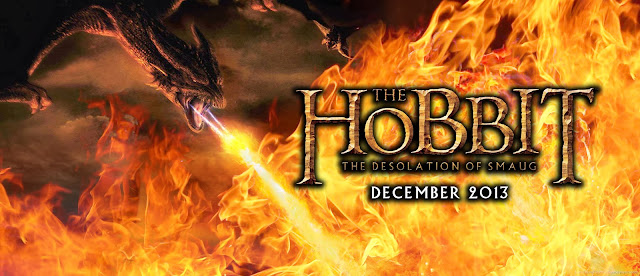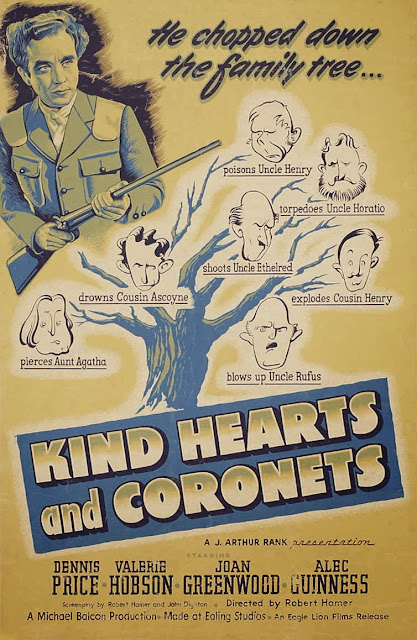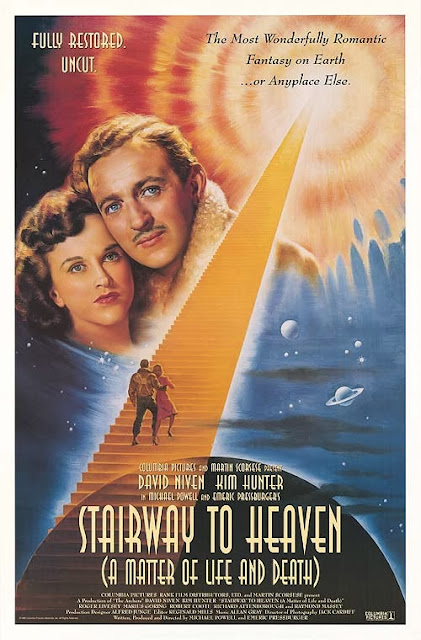☆ ☆ ☆ ☆
Quatermass and the Pit (1967) – R. W. Baker
Heady blend of science
fiction and horror from Nigel Kneale (screenwriter) courtesy of Hammer films
(after a run as a BBC TV series). A
treasured VHS tape now replaced by blu-ray looks a lot better but art direction
and top notch special effects were never the focus of this flick. Instead, the superb plot links a possible
spaceship dug up at a tube station being renovated with tales of Satan and
malevolent ghosts across the centuries, suggesting a possible influence on
human mob behaviour, suggestibility, and even evil itself. Prof. Quatermass
conflicts with the military who think the spaceship is an unexploded bomb and
won’t listen to the possibility of genetic experimentation (prophetic for
1967). Lots of echoes of these themes in other later films and in culture
itself.

















.jpg)













.jpg)





